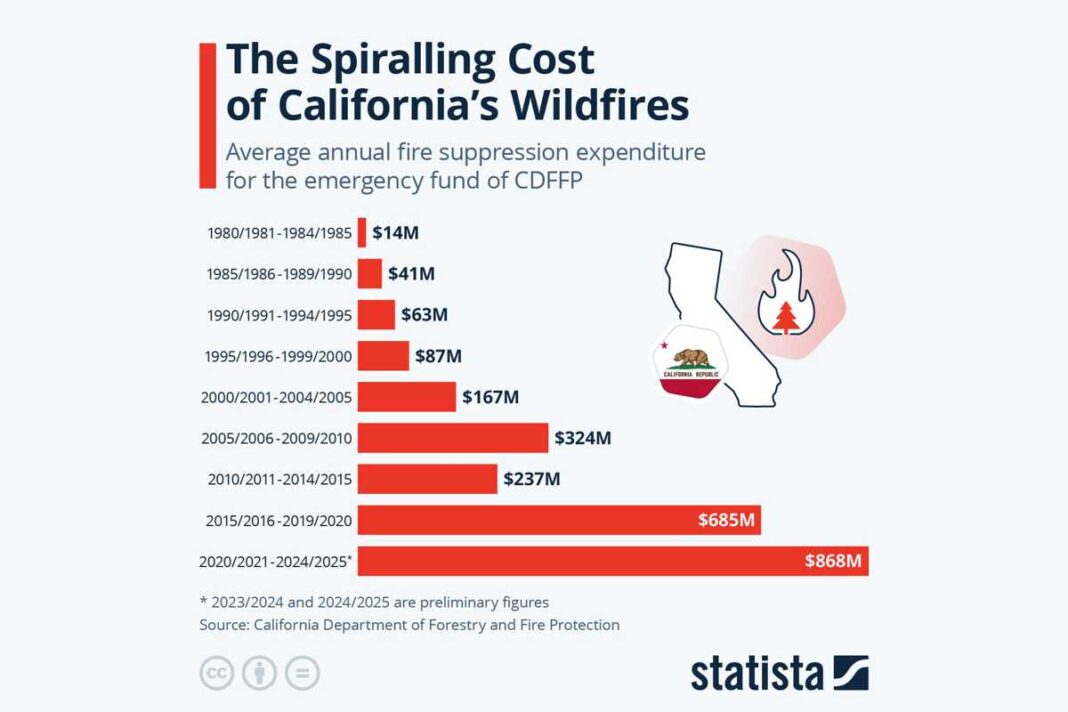Pressure on Vladimir Putin and security guarantees for Kyiv are essential
Alongside the Middle East, the future of Ukraine is one of the crucial geopolitical questions of the coming year. US president-elect Donald Trump has talked of ending Russia’s unprovoked war of aggression on its neighbour within 24 hours of returning to office. Kyiv has hinted at a readiness for a deal, on its own terms. Despite strains in Russia’s economy, however, Vladimir Putin — whose troops have made slow but steady progress in the past year — shows little inclination to come to the table. The biggest risk is that Ukraine is pushed into a truce that is bad for the country, for European security, and ultimately for the US and other allies too.
The fear in Europe is that Trump might prioritise a rapid agreement as an early trophy of his presidency. He has mooted forcing Kyiv into talks by threatening to cut off US aid. Without pressure on Moscow too, however, this would almost certainly amount to bowing to Russia’s demands, including neutrality and demilitarisation for Ukraine.
The perils of such a deal are obvious. A badly weakened Trump Ukraine might slide back into Moscow’s orbit, or succumb to a further Russian assault later. Kyiv’s leadership might not even accept a deal amounting to submission but choose to fight on, even without US support; European countries would feel a moral and strategic obligation to help. Either way, though Trump might see extricating the US from Ukraine as freeing it to focus instead on China, any appearance that Washington had forsaken an ally would embolden not just Beijing but the likes of North Korea and Iran.
An alternative deal is at least conceivable, far harder to achieve but much better for Ukraine and its allies. It would seek to ensure that, while Russia might retain de facto control of some territory in Ukraine — however repugnant that prospect might be — the rest would be able to rebuild, join the EU and prosper.








